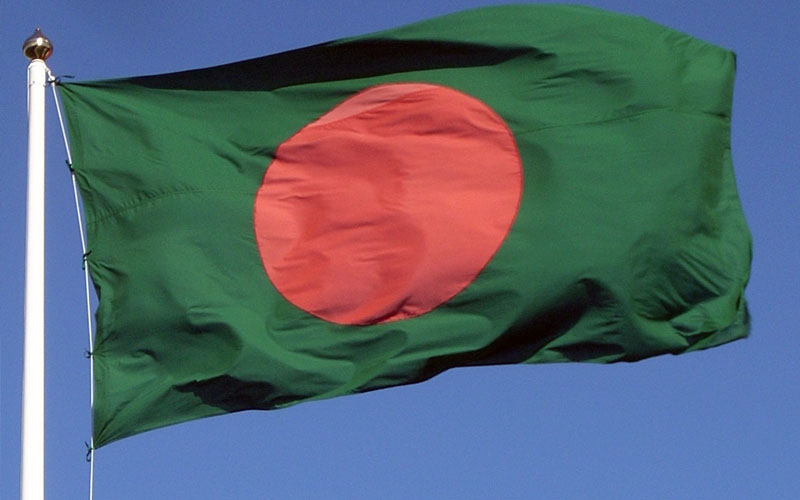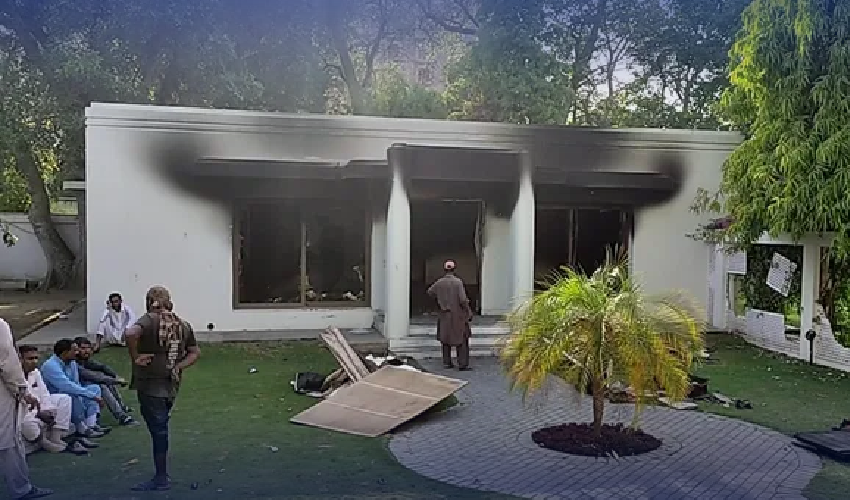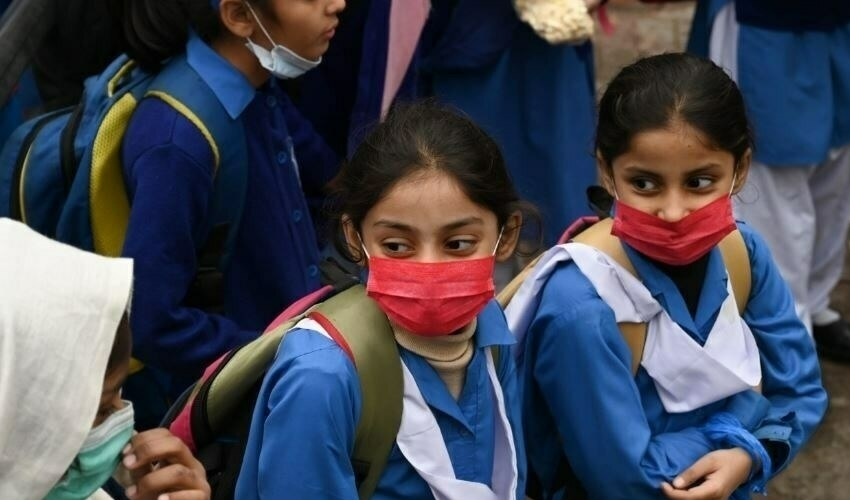Bangladesh’s evolving foreign policy is creating significant challenges for India, with recent diplomatic shifts indicating a reorientation of regional alliances. Rising anti-India sentiment and strained bilateral relations have further complicated the geopolitical landscape in South Asia.
Key developments include the alleged attack on Bangladesh’s consulate in India, which has led to heightened tensions between the two neighbors. Meanwhile, international reports highlight issues such as illegal immigration, minority rights, and water-sharing agreements as flashpoints exacerbating the situation.
Bangladesh’s interim government has reportedly canceled a comprehensive telecommunications deal with India, signaling a shift in economic and strategic priorities. Furthermore, the arrival of a Pakistani cargo ship at Chittagong Port and the relaxation of customs inspections for Pakistani imports indicate warming ties between Dhaka and Islamabad, a development closely monitored by New Delhi.
The departure of Sheikh Hasina from the political scene has marked a turning point in Bangladesh’s domestic and foreign policy. Critics of her administration have accused it of suppressing civil liberties and aligning closely with India at the expense of Bangladesh’s sovereignty.
International analysts suggest that India is leveraging media narratives and other channels to regain influence in Bangladesh amid growing public discontent. However, the anti-India sentiment among Bangladeshis and the government’s recent policy decisions suggest a long-term strategic realignment.



























